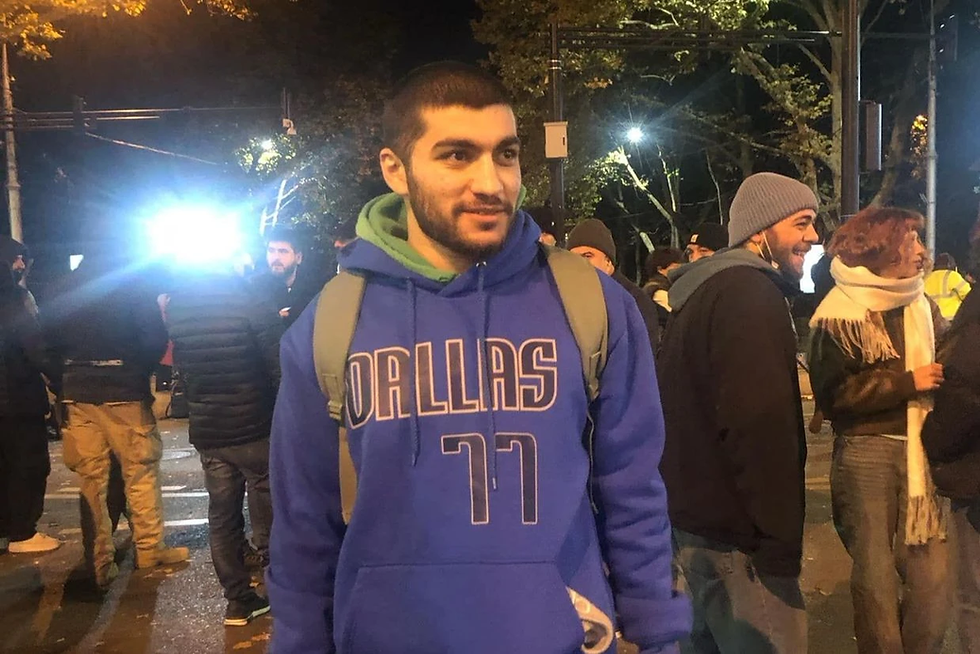Global Tensions Escalate as Russia, North Korea Strengthen Ties and Diplomatic Efforts in Ukraine Falter
- Obyektiv Media
- Sep 4, 2025
- 3 min read

BEIJING/WASHINGTON – Diplomatic tensions surrounding the war in Ukraine have intensified this week, with Russia strengthening its military alliance with North Korea amidst ongoing conflict and faltering peace initiatives. While world leaders gathered in Beijing, fresh attacks were reported in Ukraine, and US President Donald Trump acknowledged difficulties in brokering talks between Kyiv and Moscow.
Russia Bolsters Forces with North Korean Troops
South Korean intelligence has revealed that North Korea is planning to send an additional 6,000 soldiers to Russia to support its war efforts in Ukraine. This would be the third contingent of troops sent, bringing the total number of North Korean military personnel deployed to Russia since last year to approximately 13,000. The human cost of this deployment is reportedly high, with South Korean intelligence estimating that around 2,000 of these soldiers have been killed in action in Russia's Kursk region.
The growing military cooperation was underscored by a high-profile meeting in Beijing on 3 September, where North Korean leader Kim Jong Un and Russian President Vladimir Putin stood alongside Chinese President Xi Jinping at a military parade marking the 80th anniversary of the end of World War II. The event, which analysts interpret as an effort by China to reshape its global image, highlighted the deepening alignment between the three nations.
In a pointed message from Washington, US President Donald Trump commented on the parade, urging President Xi to remember the American blood shed to secure China's freedom during the war. He concluded with a sharp remark: "Please give my warmest regards to Vladimir Putin and Kim Jong Un, as you discretely plan against the U.S.A.".
Peace Talks Stall Amidst Conflicting Signals
Efforts to end the war have hit a standstill. President Trump admitted in an interview with CBS that his attempts to organise direct talks between Putin and Ukrainian President Volodymyr Zelenskyy have so far been unsuccessful. "Something has to happen, but they’re not ready [for direct talks] yet," Trump stated, conceding that resolving the conflict is "a little bit tougher" than other issues he has faced.
Putin, speaking at a press conference after his visit to China, said he would not rule out a meeting with Zelenskyy if it was well-prepared, suggesting it could take place in Moscow. However, he also called negotiations with Ukraine's current leadership "pointless". Ukraine's Foreign Minister, Andriy Sibiqa, immediately dismissed the invitation to Moscow as "unacceptable," noting that at least seven countries are prepared to host such a meeting on neutral ground.
Zelenskyy accused Putin of "continuing his fairy tales in China" and ignoring international peace efforts. He pointed to Russia's ongoing military activities, including the downing of at least 150 Russian drones over Ukraine on the night of 2 September, as proof that Russia "is clearly not striving for peace".
Meanwhile, on 3 September, Russian forces launched deadly strikes on the city of Konstantinovka in the Donetsk region, killing nine people and injuring seven. The attacks involved artillery fire and FPV drone strikes on civilian vehicles.
European Allies Prepare Security Guarantees
In a counter-move, Ukraine's European allies in the "coalition of the willing" are meeting in Paris on 4 September to finalise potential security guarantees for Kyiv. French President Emmanuel Macron confirmed, "We Europeans are ready to provide guarantees to Ukraine on the day peace is signed". President Zelenskyy is also attending the summit.
This diplomatic push comes as Russia's confrontational stance extends to Europe. Bulgaria reported that a Russian cyber-attack interfered with GPS navigation systems at Plovdiv airport during the landing of a plane carrying European Commission President Ursula von der Leyen. While the plane landed safely using ground-based systems, EU officials confirmed they were informed by Bulgarian authorities that the incident was likely due to "blatant Russian interference". Von der Leyen is a vocal critic of Putin's invasion of Ukraine.



Comments